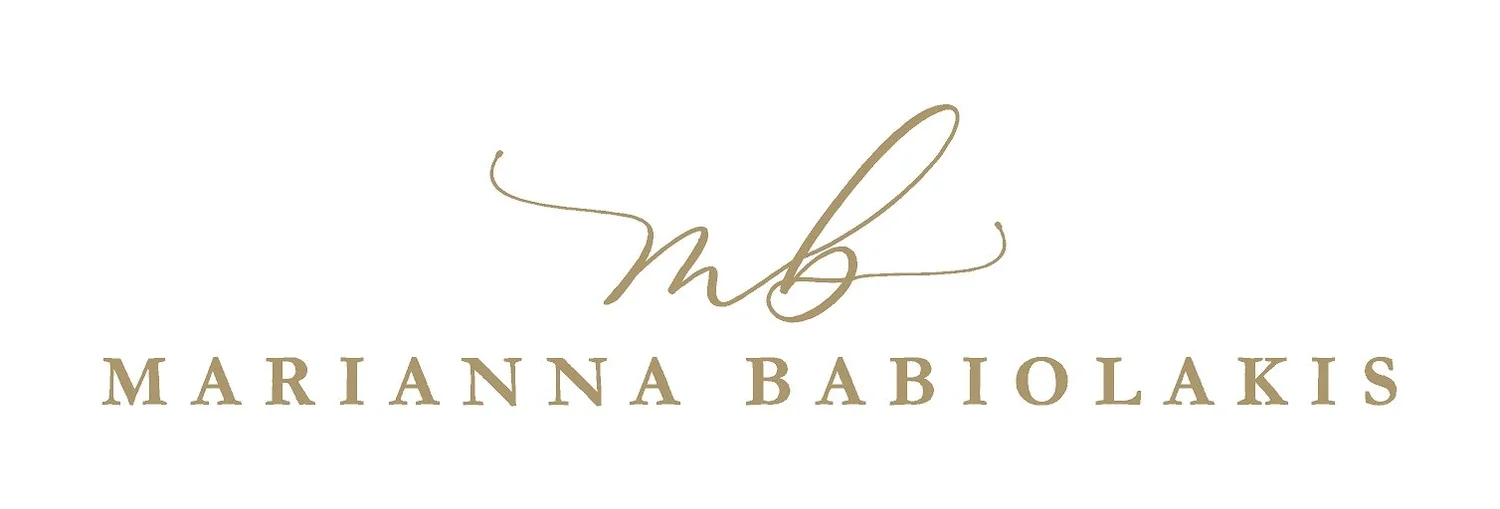When Birth Doesn’t Feel Like It’s Over: Understanding Birth Trauma
By Marianna Babiolakis, AMFT #134136, PMH-C
Supervised by Dani Salzer, LMFT #102811
Serving Campbell, San Jose, and clients throughout California via telehealth
What Is Birth Trauma? Signs You Might Still Be Affected
When people talk about birth, they often focus on the outcome: “At least the baby is healthy.” But what happens when you don’t feel okay afterward?
Maybe you can’t stop replaying the birth in your mind. Maybe you felt invisible or powerless in the delivery room. Maybe you’ve tried to move on, but something still doesn’t feel right. If this sounds familiar, you might be experiencing birth trauma - and you're far from alone.
What Counts as Birth Trauma?
Birth trauma doesn’t just happen during emergency situations. Trauma isn’t about what happened on paper - it’s about how your body and brain processed the experience.
You may have experienced birth trauma if:
You felt ignored, dismissed, or unsafe during labor or delivery
Medical interventions happened quickly and without full explanation
You feared for your life or your baby’s life
You experienced a C-section you didn’t want or didn’t plan for
Your baby needed NICU care and you were separated
Your birth didn’t go “as planned,” and it left lasting emotional pain
Even if your birth looks “routine” from the outside, it’s still valid to feel shaken, angry, or heartbroken. You don’t have to justify it.
Common Signs of Birth Trauma
Birth trauma doesn’t always show up right away - and it doesn’t always look like what we think of when we hear “PTSD.” Sometimes it’s subtle. Sometimes it hides under the surface for a while. I’ve often noticed that it takes a few months for moms to really begin processing their birth. Those first few months are all about survival - once it quiets down and you settle in at home with baby, your system then might have enough power to start unpacking your birth experience.
Signs you may still be affected:
Flashbacks or intrusive memories
Avoiding conversations about your birth or other moms’ stories
Feeling anxious or panicked during OB appointments
Hypervigilance or a constant sense of dread
Feeling numb, disconnected, or emotionally flat
Intense guilt, shame, or anger
Trouble bonding with your baby
Difficulty sleeping or relaxing, even when baby is calm
Your nervous system went through something HUGE - and might have never had a chance to fully recover.
You’re Not Broken - You’re Human
Many moms try to minimize what they went through: “It wasn’t that bad,” or “Other people have it worse.” But trauma doesn’t respond to logic. If a part of you still feels stuck in that moment - the bright lights, the fear, the silence in the room, the nurses face or the doctors words - then your body is holding on to it for a reason.
You’re not broken. You’re responding to something that was too much, too fast, with not enough support.
How EMDR Can Help You Heal from Birth Trauma
EMDR (Eye Movement Desensitization and Reprocessing) is a trauma-focused therapy that helps your brain and body process stuck memories, so they stop feeling so raw and overwhelming. It’s not about retelling every detail - it’s about helping your nervous system finally exhale.
Many moms I work with come in saying, “I just want to stop thinking about it,” or “I want to be present with my baby.” EMDR helps make that possible.
You don’t have to live in survival mode.
You Deserve Support
Healing is possible. You deserve to feel grounded in your body, connected to your baby, and more like yourself again.
I offer therapy for moms in the Bay Area, including EMDR for birth trauma. Whether your birth was recent or years ago, it’s never too late to start healing.
Schedule a free consultation or learn more about how I work here.
🧡 If you’re in crisis, support is available:
Call or text the Maternal Mental Health Hotline at 1-833-943-5746 (1-833-9-HELP4MOMS)
